Golden Week in Japan: A Guide for Tourists
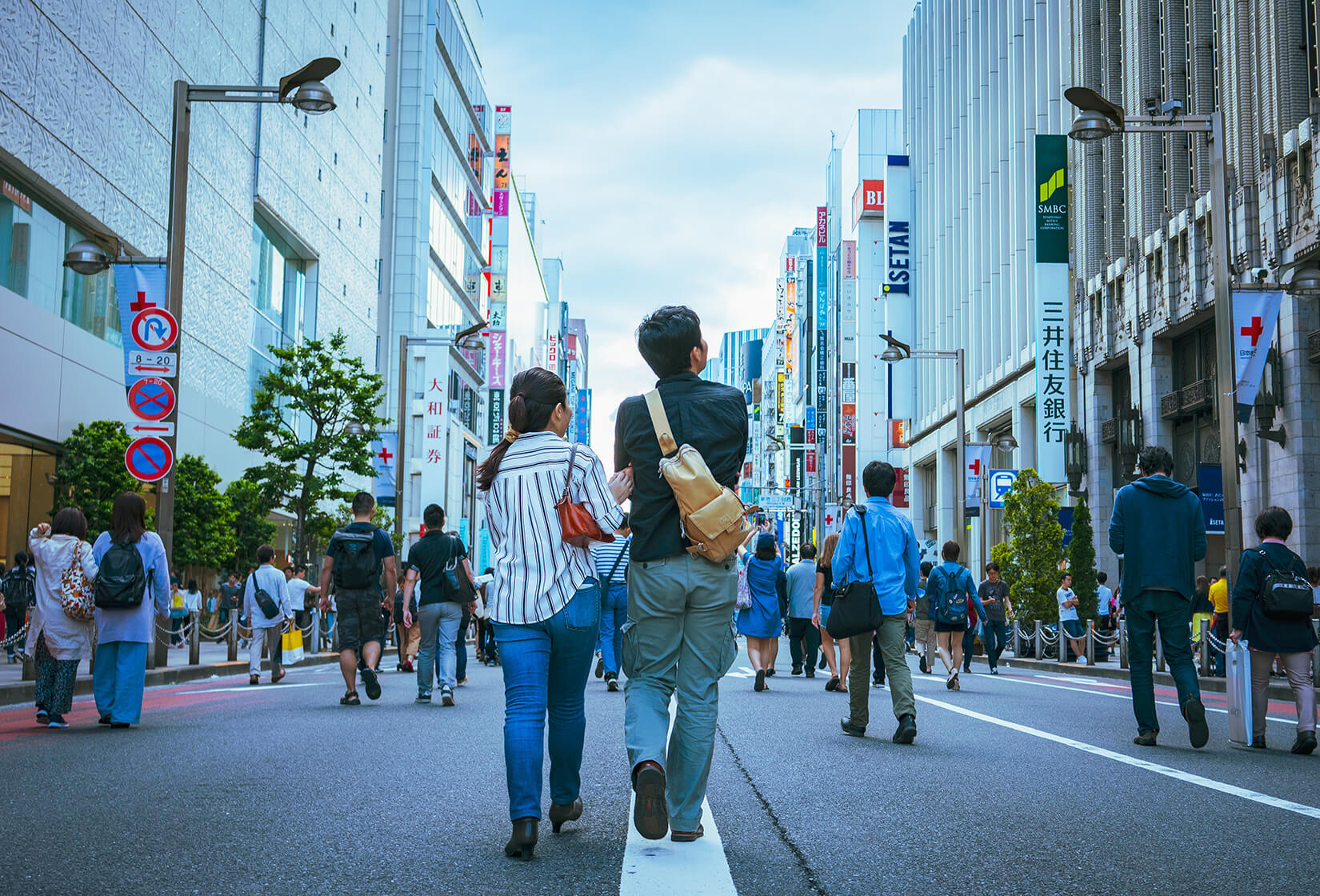
Japan during a bustling time, when both locals and tourists are off to make the most of their days off, is an unmissable opportunity. You get to engage in the Japanese lifestyle and see the culture from a different perspective. Especially during holidays or festivals, you can quickly learn more about Japan’s history and growth over time. And one perfect holiday to catch in Japan is the Golden Week!
Table of contents
Golden Week in Japan: A Guide for Tourists

Japan has 16 annual national holidays. Locals look forward particularly to the Golden Week, Japan’s renowned week-long holiday. Comprised of 4 important holidays, Japan honors its history and people from April 29 to May 5.
Golden Week can be seen as a reward for people’s hard work. Everyone in Japan will be traveling from one place to another, savoring the sporadic week-long holiday. If you happen to be in the country during Golden Week, the crowds might overwhelm you, but you will also get to catch Japan in a different light. What happens during Golden Week, and how can you maximize your time?
Shōwa no Hi – Shōwa Day

April 29 every year marks the beginning of the Golden Week. Shōwa no Hi(昭和のひ)or Shōwa Day is the commemoration of the late Emperor Hirohito’s birthday. Under his reign from 1926 to 1989, Japan went through the Second Sino-Japanese War and World War II. Although the holiday is somewhat controversial, people are encouraged to reflect about the nation’s current state and its future.
The reigning Emperor’s birthday is a movable holiday in Japan, and upon Emperor Hirohito’s passing in 1989, his birthday was designated as “Greenery Day.” In 2007, the late Emperor’s birthday was re-established as Shōwa Day, moving the former holiday to a different date. This holiday intends to give the people time to reflect on the Shōwa era, which means the celebration mostly involves public lectures in the cities.
Shōwa no Hi is a great time to know more about Japan’s history, specifically about wartime. Grab the opportunity to understand the Imperial system of the country, and have knowledge about how Japan overcame national crises.
Kenpō Kinenbi – Constitution Memorial Day
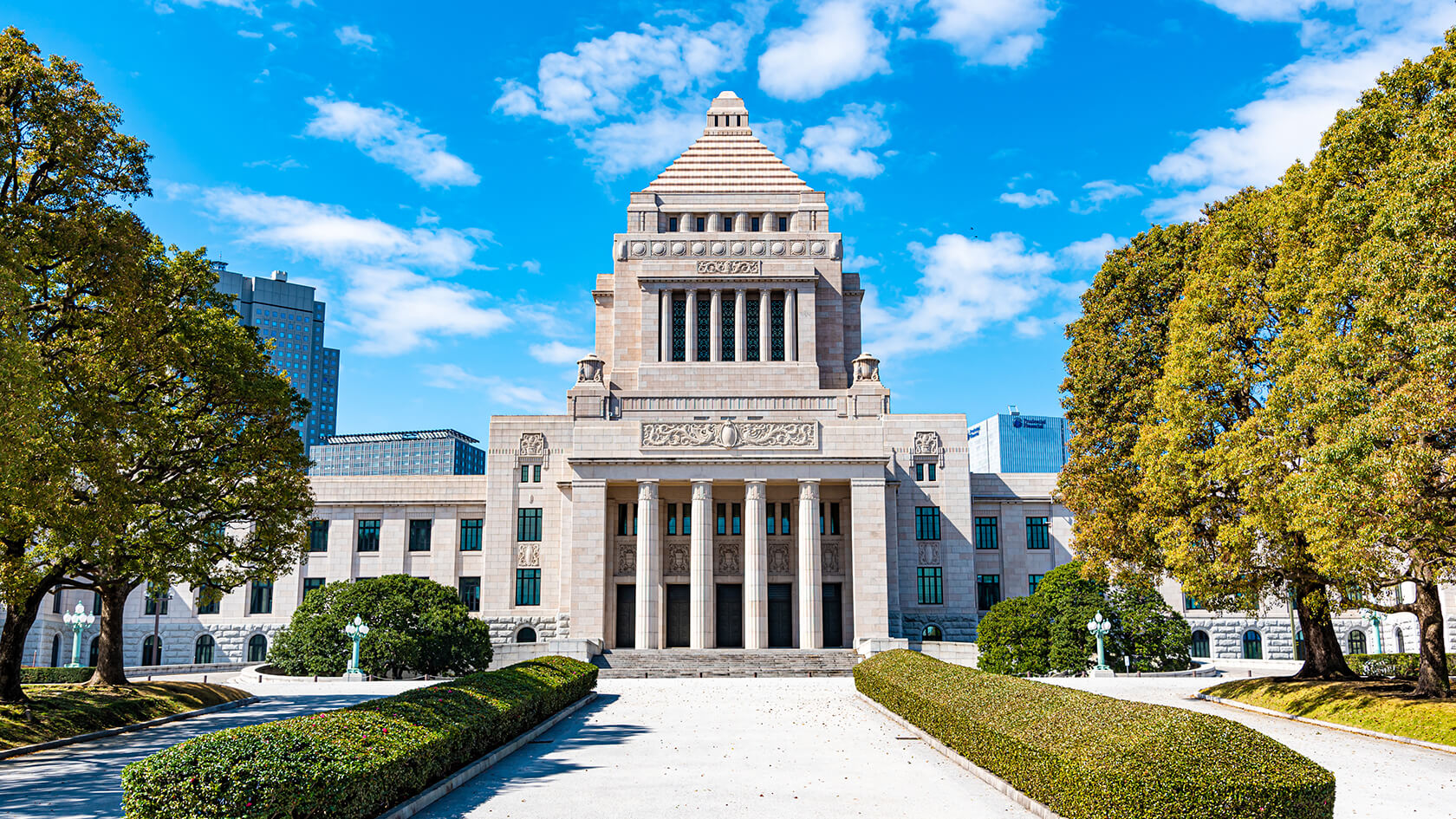
The next holiday after Shōwa Day is Kenpō Kinenbi(憲法記念日)or the Constitutional Memorial Day. Observed annually on May 3, the holiday is about the declaration of Japan’s post-war constitution. Significantly related to Shōwa no Hi, the Constitutional Memorial Day is another reminder to the nation to look back on history and look forward to the future.
The Constitution of Japan (presently known as the “Peace Constitution”), which the Japanese worked on with U.S. General Douglas MacArthur from 1945, was signed on May 3, 1947. The constitution declares Japan a pacifist nation, prioritizing peace, culture, and workers’ and human rights. Historical lectures are held, and Diet buildings welcome the public to communicate with officials.
If you’re in Japan in time for Kenpō Kinenbi, you get to have a deeper understanding of the country’s governance. To which direction is the nation headed? What holds the people together? Get to know more about Japan along with the locals!
Midori no Hi – Greenery Day

Midori no Hi(みどりの日)or Greenery Day is the 3rd holiday that makes up the Golden Week. Initially celebrated during the late Emperor Hirohito’s birthday on April 29, Japan has been observing the holiday on May 4 since 2007. Emperor Hirohito’s love for nature birthed this holiday, which has become a day dedicated to appreciating nature.
Japan has many ways of celebrating Greenery Day. People join tree-planting activities across the country, and some cities organize parades. As this holiday is intended to honor nature, outdoor activities that make people connect to the environment are popular. Additionally, the planting season of rice and the harvest season of the first green tea crop fall on the Golden Week.
Japan’s bountiful nature deserves a commemoration. The holiday also commends how people work hard to maintain and preserve the environment. Amidst Japan’s progress in this modern world, the country still takes time to recognize the life that nature provides. Join in the country’s thanksgiving and marvel over its rich nature!
Kodomo no Hi – Children’s Day

Closing the Golden Week is the Kodomo no Hi(こどもの日)or Children’s Day. Held every May 5, Japan celebrates and commends the nation’s children. Going back to when Empress Suiko reigned during 593AD and 628 AD, Japan celebrated the Tango no Sekku(端午の節句), dedicated to boys and fathers. The Hina Matsuri(ひなまつり), which is the festival for girls, was also held every March 3. Through the post-war constitution, the two holidays were combined in 1948 to celebrate all children.
When Japan is filled with koinobori(鯉のぼり)or wind socks in the shape of carp, it’s probably already Children’s Day. Coming from the Chinese legend that an upstream swimming carp transforms into a dragon through strength and perseverance, the koinobori has become a symbol of the wishes of success for the children in Japan. Families adorn their houses with koinobori in celebration of Children’s Day.
Kodomo no Hi is one of the many colorful moments of Japan. As the koinobori flutter along streets, above rivers, and by residences, the country absolutely looks festive! Especially when it is the children who are celebrated during this time. Feel playful, hopeful, and free during this holiday!
Conclusion
Japan values history so much that people are encouraged to commemorate significant events that contributed to the nation’s growth. During Golden Week, understand that transportation will be reasonably hectic. You will be competing with locals and tourists alike who are ecstatic to participate in this liberating holiday. Most businesses will be closed as well, as both employees and employers will also take a break.
Some Japanese families will opt to relax somewhere away from the fuss in the cities, while others enjoy the extremely lively crowds. This holiday brings all kinds of people from all walks of life, celebrating Japan’s past, present, and future. There’s nothing as golden as the Golden Week in Japan!
Motto Japan, the community platform to support foreigners with the foundation for life in Japan, including Japanese study, job opportunities, and housing service. Motto Japan Media will provide a wide variety of information for Japanese fans all over the world, to create a cross-cultural environment and enrich the life of foreign residents in Japan!



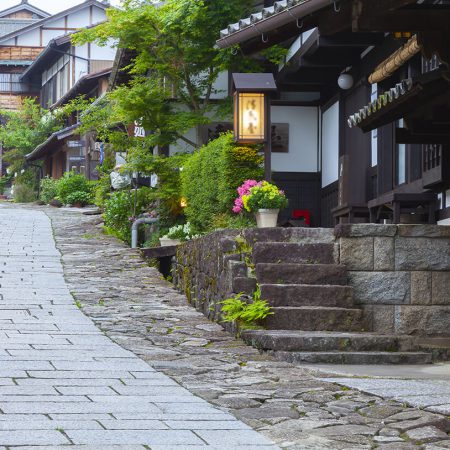
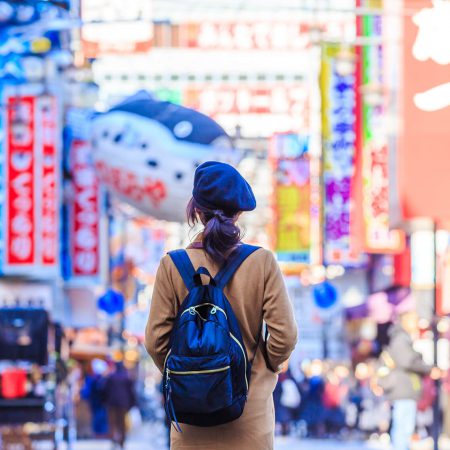





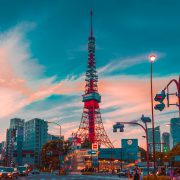


Leave a Reply